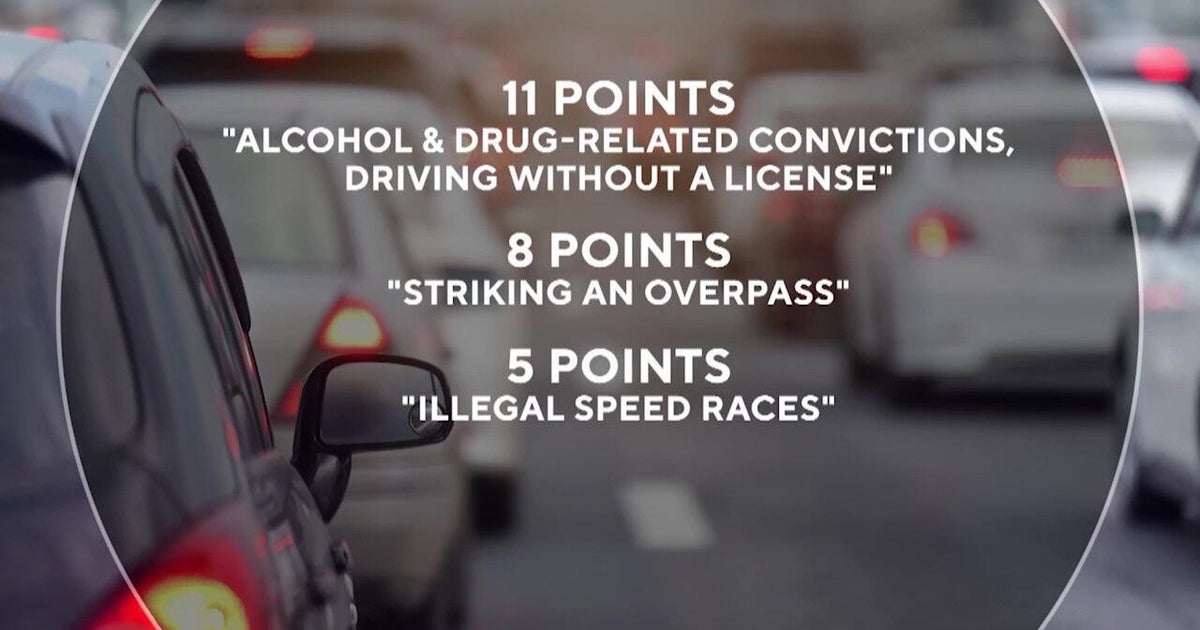Keller @ Large: Boston is not the best place for driving automation
BOSTON - Many new vehicles have gadgets designed to help you stop, steer and more. They're supposed to boost safety and take some aspects of driving out of your hands.
But a new study shows this technology is, so far, not delivering on its promises.
Self-driving cars may still be experimental, but buy new wheels these days and chances are they're equipped with partial driving automation features. But take note: "They're advertising these systems as convenience features; they're not advertising them as safety features," said David Harkey, president of the Insurance Institute for Highway Safety, authors of the first-of-its-kind study. "And in our analysis, we have not seen any additional safety benefits from these systems."
The Feds don't regulate this new technology. And the study found 11 of 14 systems tested performed poorly under optimal road conditions.
You know, just like driving in Boston.
"The Greater Boston area is not a good place to be trying out automated vehicle driving technologies," said Mark Schieldrop of AAA Northeast. He said it's a mistake to think these tech gimmicks give you a license for distraction. "Our roads are a mish-mash of many generations of thruways being upgraded and evolved and changed. We have narrow lanes and wide lanes and lanes that appear and disappear. So it's challenging enough to drive when you're fully paying attention."
Adds Sean Kane of Safety Research and Strategies of Seekonk: "Automation complacency is a known problem. When you put in an automated system, the operator becomes more complacent."
Add this to the growing list of problems caused by our obsession with new technology, like the way smartphones turn some of us into zombies. And after all, as Kane puts it, "If you have an automated system that's supposed to relieve you of having to pay close attention but you actually have to pay close attention, what's the point of the system?"
In a statement responding to the study, the Alliance for Automotive Innovation said this gadgetry is supposed to support the driver, not replace him or her. But it does seem human nature was not fully taken into account by the designers.
So will we see government step in to try to regulate this?
For now it seems most of the regulatory energy is focused on fully self-driving cars, not on this partial automation technology. So for now, it's buyer, beware.








